Coaches Corner: By Gerald Williams
October 9, 2025
Youth, Screen Time, and the AI Crisis: How Excite All Stars Is Leading a Healthier Way Forward
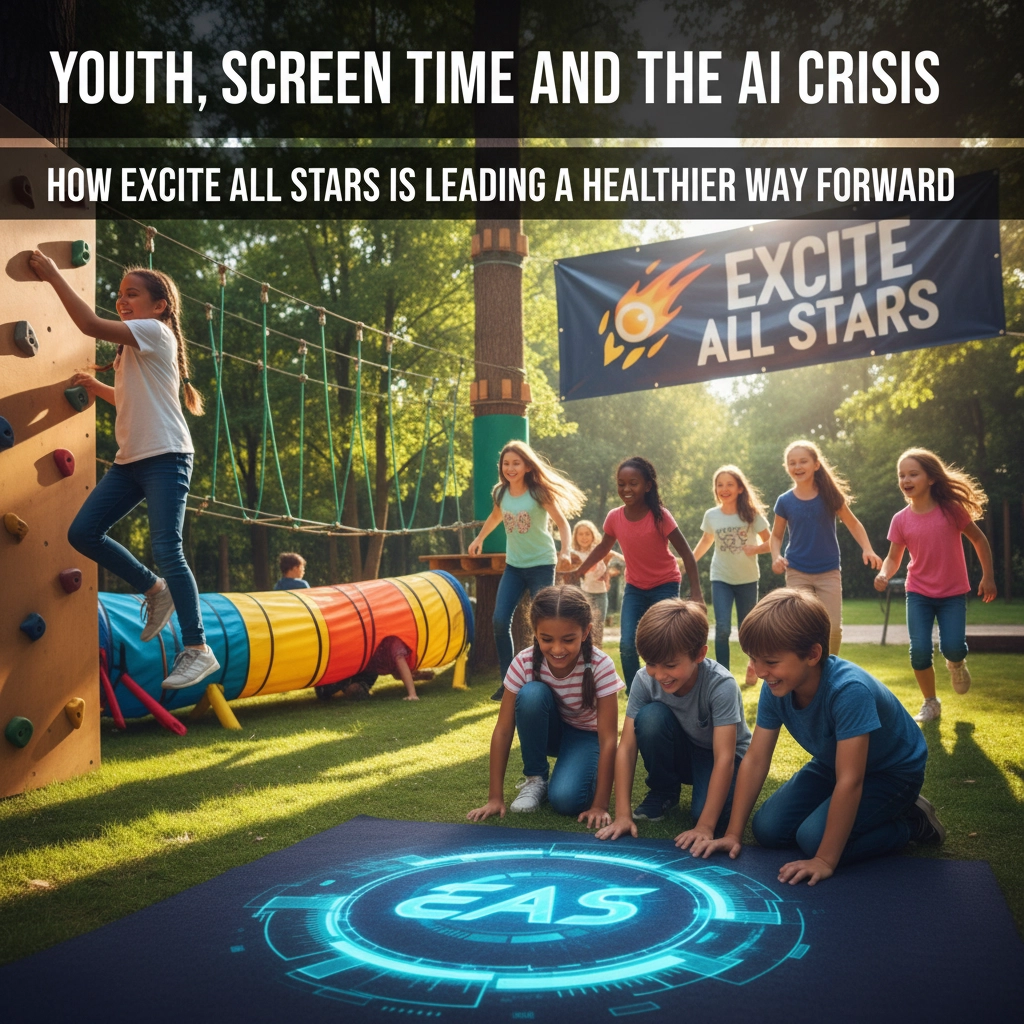
We're facing an unprecedented crisis in youth development. As artificial intelligence rapidly transforms our digital landscape, young people are spending more time than ever glued to screens, often at the expense of their social, emotional, and physical well-being. Recent studies reveal alarming trends: rising rates of anxiety and depression among teens, declining face-to-face social skills, and a generation struggling to find balance between their digital and real-world lives.
While many youth programs continue to focus solely on academics or career preparation, Excite All Stars recognized early that today's young people need something different: something more comprehensive. Our Youth and Screen Time initiative goes beyond traditional mentorship by directly addressing one of the most pressing challenges of our time: helping youth develop healthy relationships with technology while building meaningful connections in the real world.
The Growing Digital Crisis
The statistics are sobering. Today's teenagers spend an average of 7-9 hours daily on screens, with social media and gaming platforms designed specifically to capture and hold their attention. These platforms use sophisticated algorithms: many powered by AI: that create addictive engagement patterns, making it increasingly difficult for young people to self-regulate their usage.
The impact extends far beyond simple "too much screen time." We're seeing increased rates of social anxiety, sleep disruption, reduced physical activity, and difficulty with face-to-face communication. Perhaps most concerning is the growing disconnect from real-world experiences that are crucial for healthy development: team sports, creative arts, leadership opportunities, and meaningful mentorship relationships.
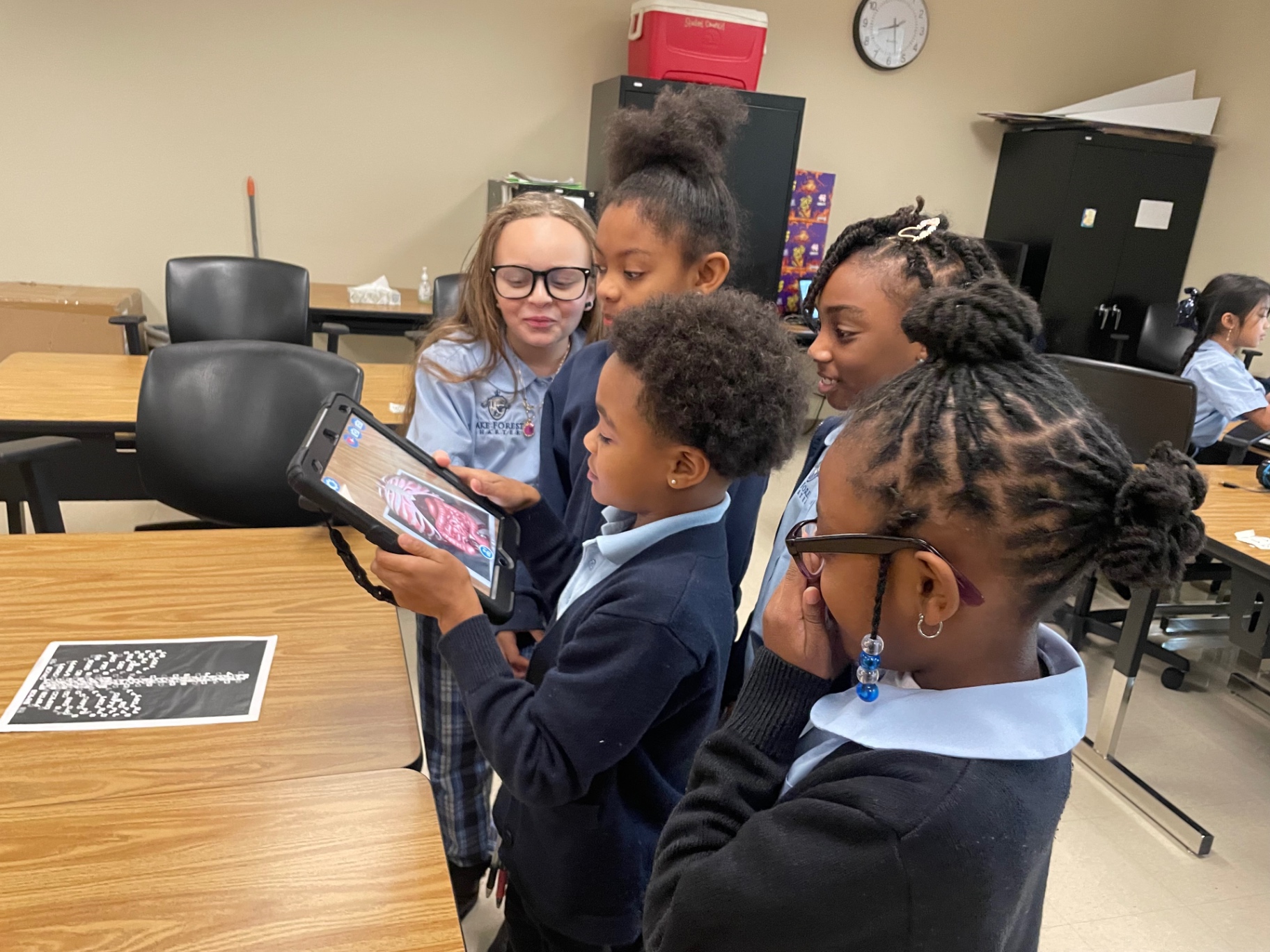
A Different Approach to Mentorship
At Excite All Stars, we train our mentors to do more than provide academic or career guidance. Our mentors are equipped to help youth understand and navigate their relationship with technology. This means teaching digital literacy, helping young people recognize when screen time becomes problematic, and most importantly, providing compelling alternatives that fulfill the same social and emotional needs that youth often seek online.
Our mentors model balance, empathy, and authentic connection. They demonstrate that real-world relationships can be just as engaging: often more so: than digital interactions. Through consistent, caring relationships, they help youth develop the self-awareness and confidence needed to make healthy choices about technology use.
Positive Digital Education in Action
Rather than rejecting technology entirely, our approach embraces what we call "positive digital education." We help teens understand how technology affects their brains, emotions, and relationships. We discuss the business models behind social media platforms and help young people become more conscious consumers of digital content.
Our STEM programs incorporate technology in meaningful ways: coding, robotics, and digital design: that emphasize creation over consumption. When youth use technology as a tool for building, learning, and solving problems, they develop a healthier relationship with digital tools.
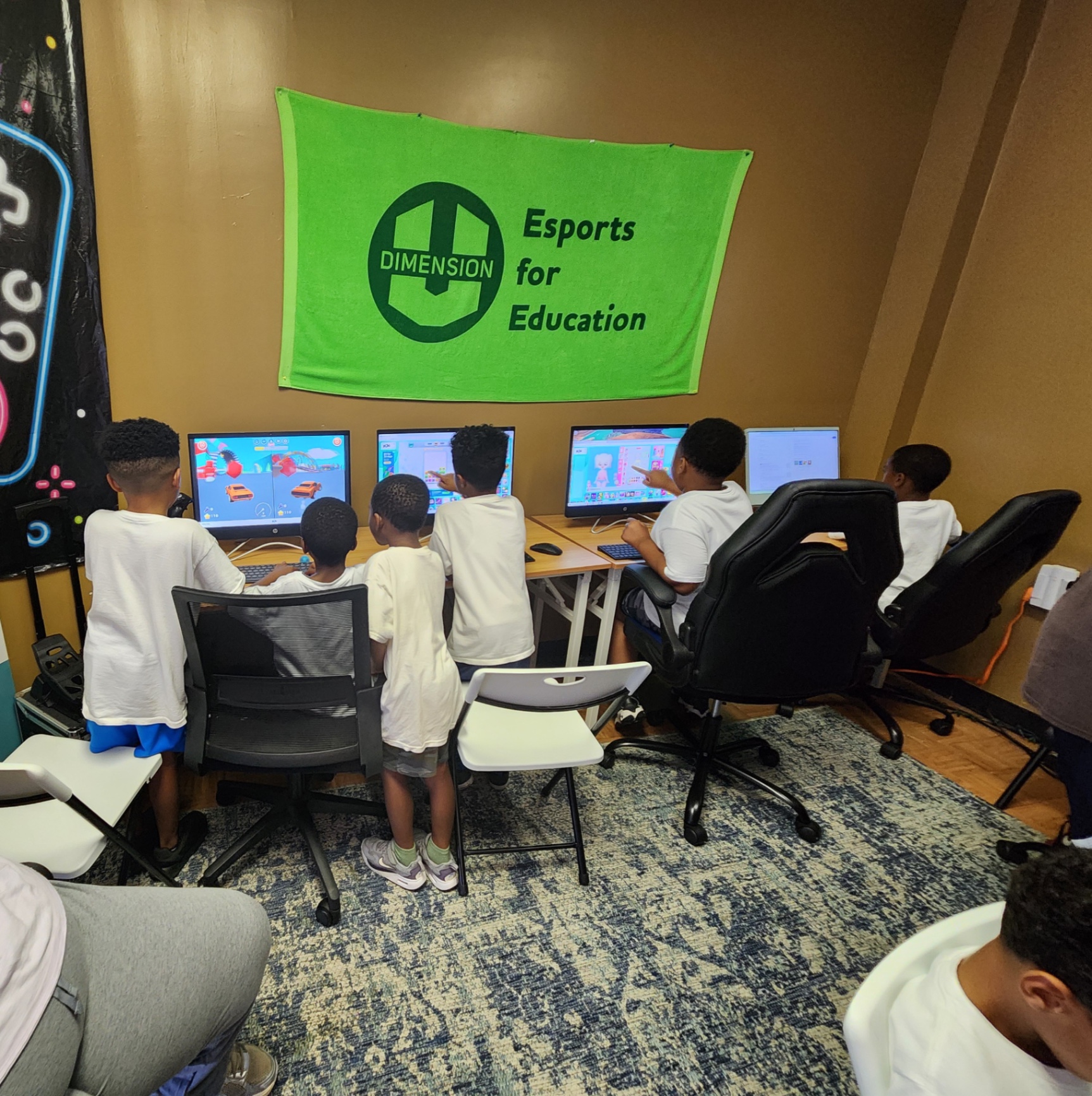
We've even integrated educational esports into our programming, recognizing that gaming can be part of a balanced lifestyle when approached thoughtfully. Our esports initiatives focus on teamwork, strategic thinking, and healthy competition while emphasizing the importance of balance with physical activities and face-to-face social interaction.
Real-World Alternatives That Actually Compete
The key to our success lies in providing alternatives that are genuinely compelling. We don't ask youth to give up screen time for boring activities: we offer experiences that are engaging, social, and rewarding.
Our sports programs range from traditional team activities to adventure challenges that build confidence and camaraderie. Our arts programming includes music, visual arts, and creative expression that allows youth to explore their identities and build skills they can be proud of.
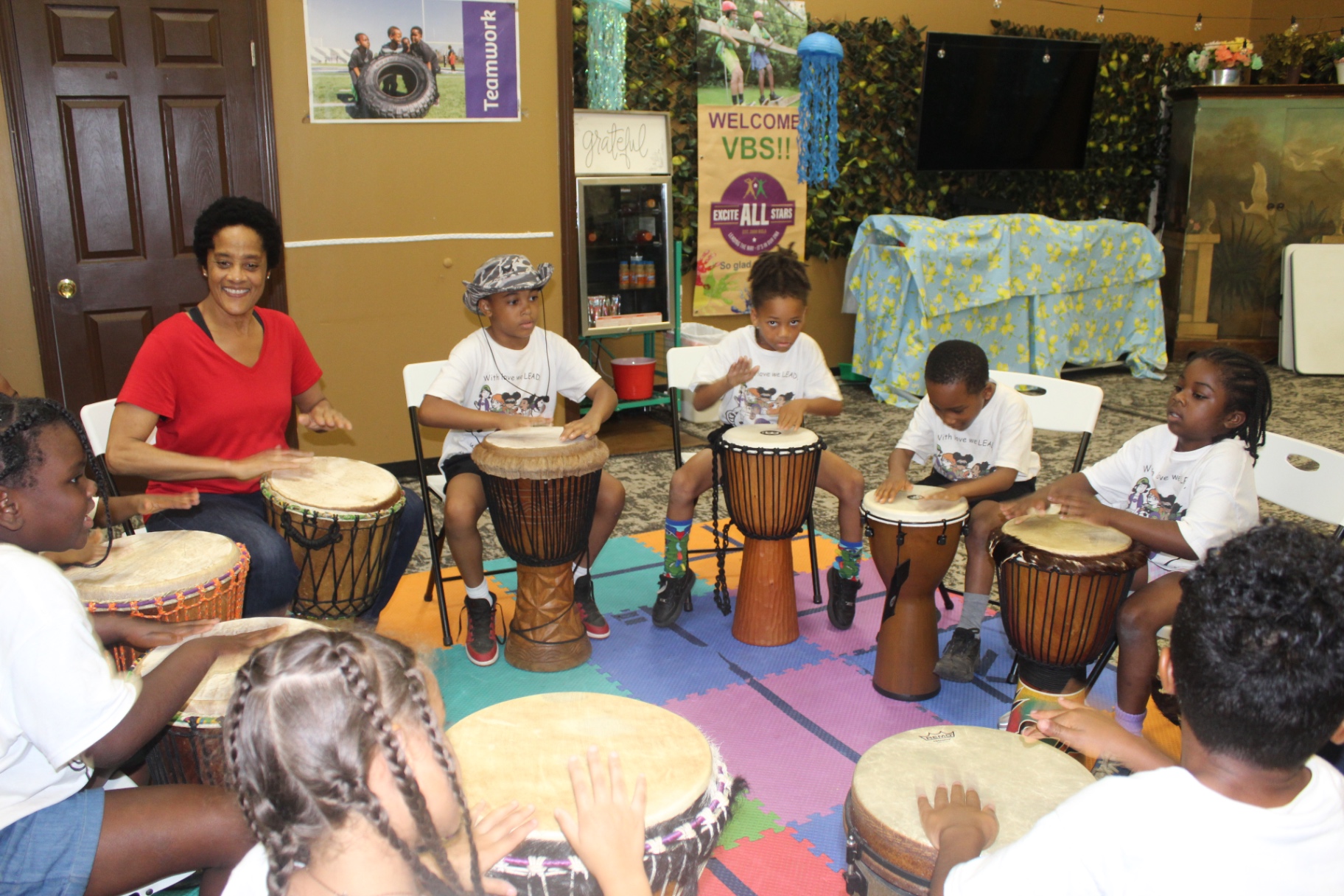
Leadership development opportunities give young people agency and purpose. Through our Leaders in Training (LIT) Academy and Ambassador Program, teens discover they can make real impact in their communities. This sense of purpose and accomplishment provides the validation and recognition that many youth seek through social media, but in ways that build rather than drain their well-being.
Building Self-Awareness and Emotional Intelligence
One of the most crucial aspects of our approach is helping youth develop emotional intelligence and self-awareness. Many young people turn to screens when they're feeling lonely, anxious, bored, or stressed. Our mentors help youth identify these emotional triggers and develop healthier coping strategies.
Through group discussions, one-on-one mentoring, and structured reflection activities, participants learn to recognize their emotions, understand their needs, and choose responses that support their well-being. This emotional awareness extends beyond screen time to all areas of their lives.
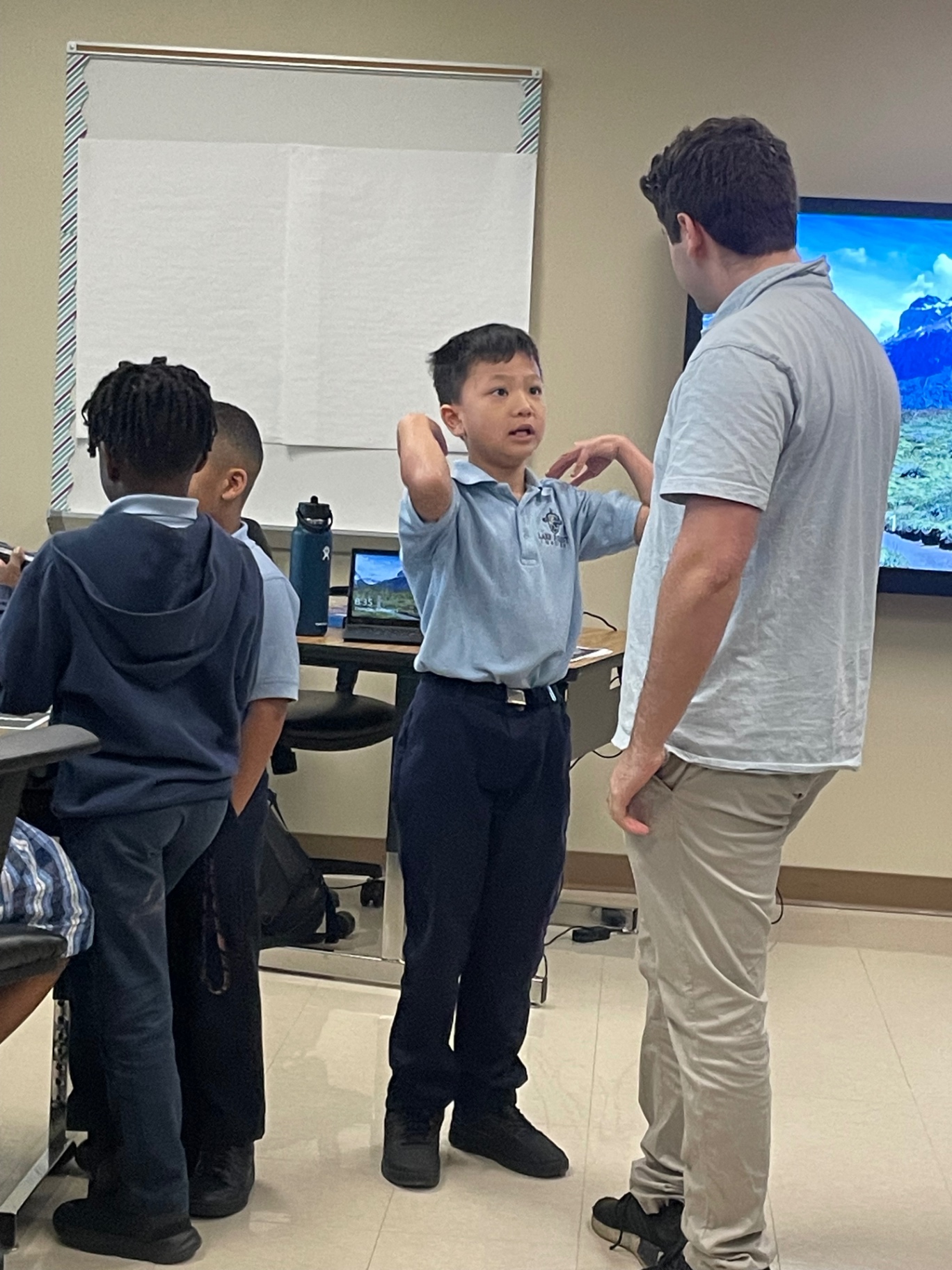
A Holistic Model for Modern Mentoring
What sets Excite All Stars apart is our recognition that addressing screen time and technology challenges requires a comprehensive approach. We don't just focus on reducing screen time: we focus on building a full, rich life that naturally includes healthy technology habits.
Our year-round programming ensures consistent support and engagement. We work with families to create alignment between home and program values. We address not just individual behaviors but the social and cultural factors that contribute to problematic technology use.
Our Mental Health First Aid training for youth participants acknowledges that screen time issues often intersect with broader mental health challenges. By addressing these concerns holistically, we're able to support youth more effectively.
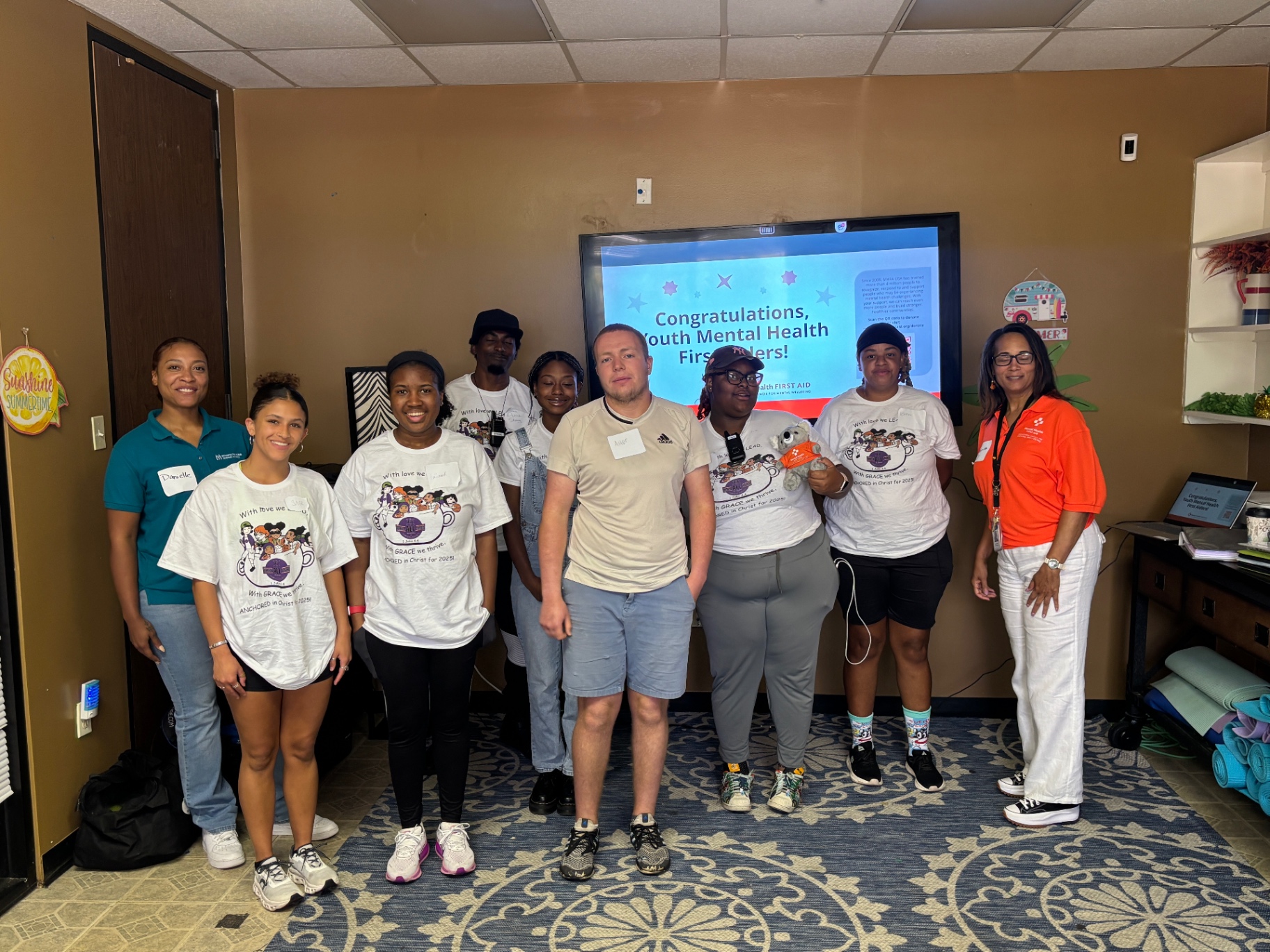
Measuring Real Impact
The results speak for themselves. Participants in our programs report improved sleep patterns, better relationships with family and peers, increased physical activity, and greater confidence in social situations. Perhaps most importantly, they develop the skills and self-awareness to maintain healthy technology habits independently.
Parents consistently tell us that our programs help their children find balance without constant battles over screen time. Youth learn to self-regulate because they have fulfilling alternatives and the awareness to make good choices.
Looking Forward: A Model for the Future
As AI continues to evolve and new technologies emerge, the challenges facing young people will only intensify. The mentoring model we've developed at Excite All Stars: one that addresses technology challenges head-on while providing compelling real-world alternatives: represents the future of youth development.
We're not anti-technology. We're pro-balance, pro-awareness, and pro-human connection. We believe young people can thrive in our digital age when they have the right support, skills, and opportunities.
Our approach proves that it's possible to help youth develop healthy relationships with technology while building the confidence, character, and leadership skills they need to succeed in all areas of life. As we continue to refine and expand our Youth and Screen Time initiative, we remain committed to being a model for modern mentoring: one that prepares young people to live confidently and meaningfully both online and off.
The crisis is real, but so is the solution. At Excite All Stars, we're not just helping youth survive in a screen-dominated world, we're helping them thrive in it.
Coaches Corner: By Gerald Williams
Top 10 Ways After-School Programs Transform New Orleans Kids Into Future Leaders
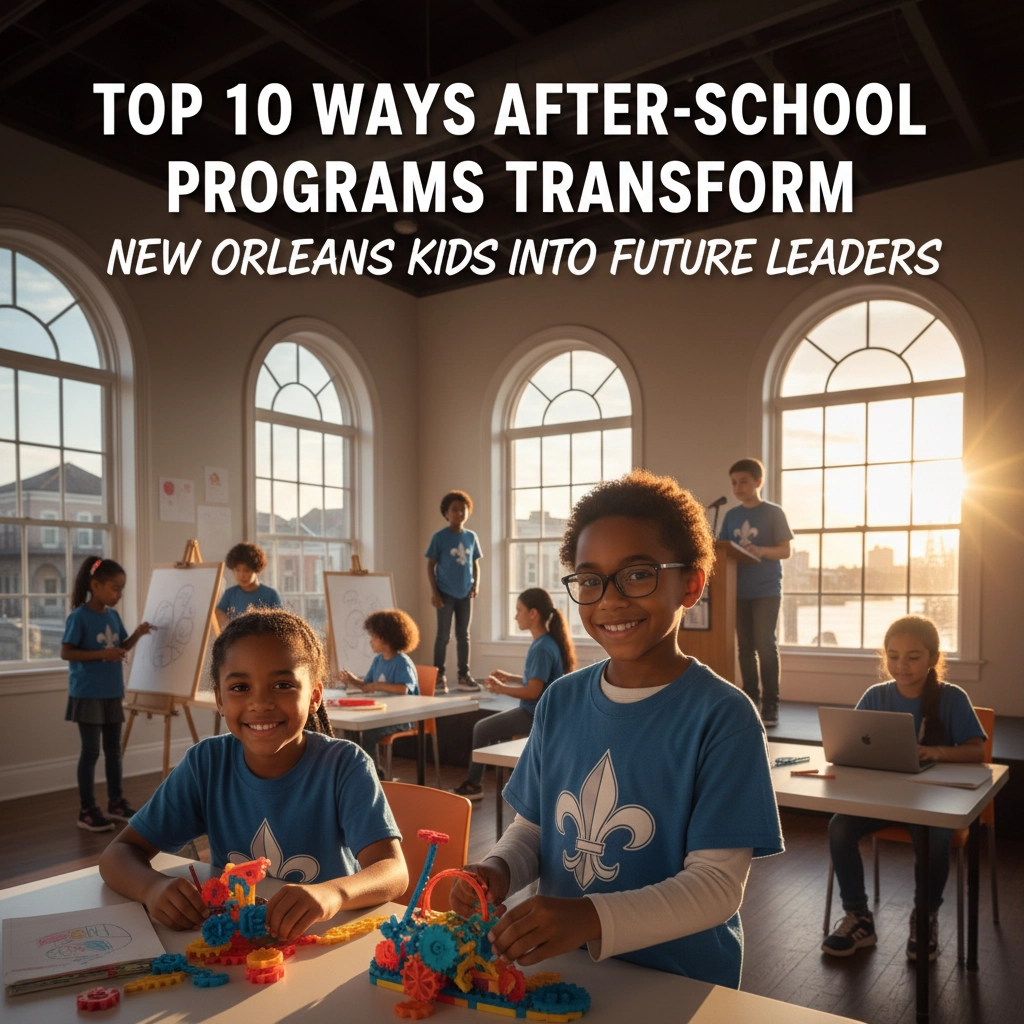
After-school programs in New Orleans are doing something extraordinary: they're turning everyday kids into tomorrow's leaders. In a city where 34% of children live below the poverty line, these programs create pathways to success that change everything for our families and communities.
If you're wondering how your child can develop the confidence, skills, and character they need to thrive, here are the ten most powerful ways after-school programs are making it happen right here in our city.
1. Building Unshakeable Confidence Through Leadership Training
The most transformative programs don't just keep kids busy: they put them in charge. Programs like Excite All Stars' LIT Squad (Leaders In Training Academy) take 8th and 9th graders through an intensive 8-week journey of self-reflection and growth that builds real leadership skills.
What makes this approach so powerful? Kids learn to lead by actually leading. They make decisions, solve problems, and take responsibility for outcomes. When your teenager comes home talking about the project they're managing or the team they're guiding, you're seeing leadership confidence in action.
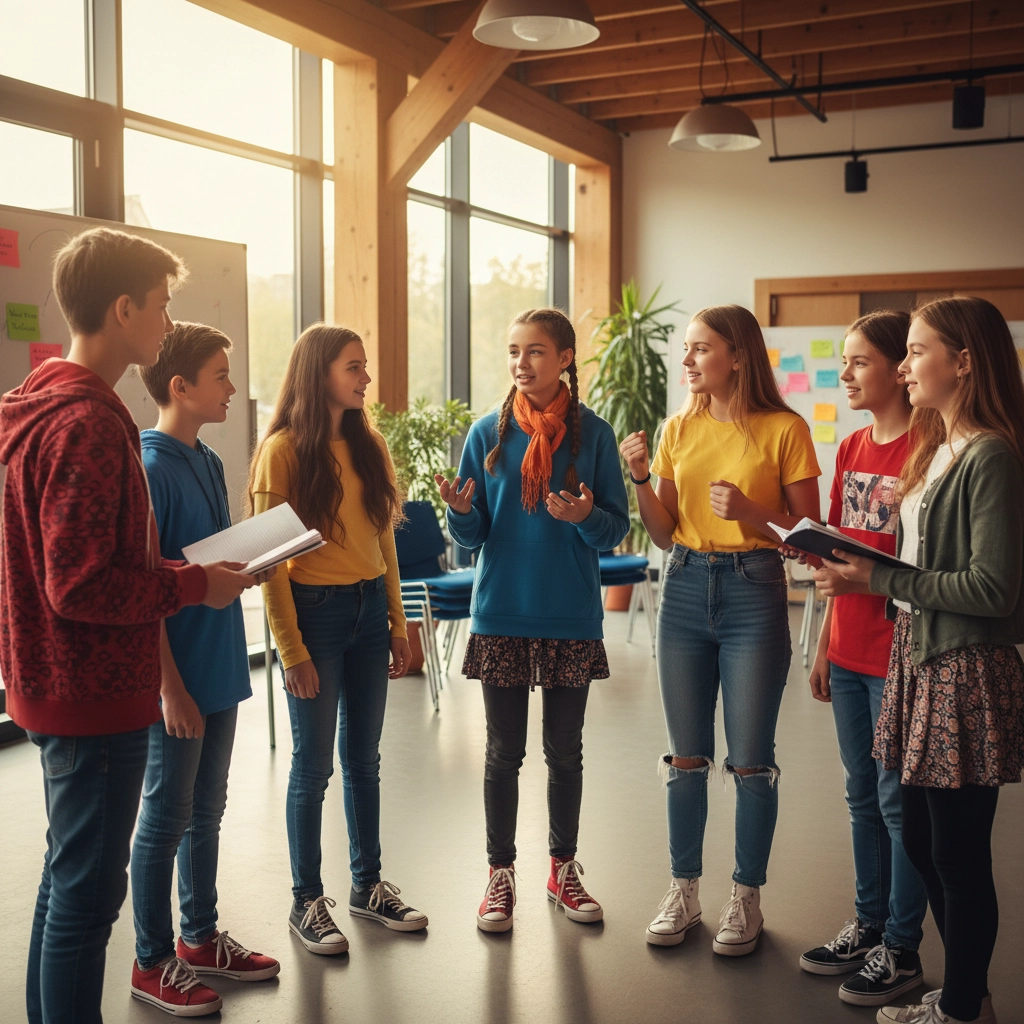
2. Developing STEM Skills That Open Career Doors
Today's leaders need technology skills, and our local programs deliver them in exciting ways. TechN.O.Kids and sailing programs near Lake Pontchartrain serve over 200 students annually, combining science, technology, engineering, and math with hands-on experiences like boat building and safe boating certifications.
The magic happens when kids realize they're not just learning abstract concepts: they're building real things and solving real problems. This practical approach to STEM education creates the kind of critical thinking and problem-solving skills every future leader needs.
3. Learning Business Skills Through Real Entrepreneurship
Nothing teaches leadership like running an actual business. Programs like the Excite Dream Builder Academy don't just talk about entrepreneurship: they help kids start their own social enterprises, like 360 photo booth businesses where youth learn operations while giving back to their community.
When your child learns to manage money, serve customers, and solve business challenges, they're developing the practical leadership skills that will serve them in any career path they choose.
4. Creating Meaningful Mentor Relationships
In neighborhoods like Central City, where challenges affect nearly half the residents, mentorship programs create life-changing connections. Over 300 youth annually connect with mentors who share their experiences and help them channel their energy into positive outlets.
These relationships do more than provide guidance: they show kids what's possible. When young people see successful adults who came from similar backgrounds, they start to believe in their own potential as future leaders.

5. Building Physical and Mental Strength
Leadership requires resilience, and physical wellness programs build both body and character. Boxing, cardio fitness, and nutrition classes provide free access to health resources for kids ages 8 to 18, directly addressing local challenges like childhood obesity, which affects 20% of our children.
These programs teach conflict resolution and provide healthy outlets for stress and trauma. When kids learn to push through physical challenges, they develop the mental toughness that helps them tackle any obstacle life throws their way.
6. Providing Academic Support That Actually Works
Future leaders need strong academic foundations. Community programs serve over 1,000 participants annually with mentoring, literacy classes, and enrichment activities for youth ages 7 to 24. They specifically address our city's 15% dropout rate by helping teens earn diplomas and explore college or career paths.
What sets these programs apart is their flexibility and real-world focus. They accommodate work schedules, provide financial aid support, and show kids how their education connects to their future goals.
7. Encouraging Creative Expression and Innovation
Leadership isn't just about business and academics: it's about innovation and creative problem-solving. After-school programs offer dance, swimming, art activities, and even eSports programming at places like the Excite All Stars Innovation Center.
These creative outlets help kids discover their unique talents and learn to express their ideas confidently. When young people master creative skills, they develop the self-expression abilities that make great leaders stand out.

8. Ensuring Every Child Can Participate and Succeed
True leadership development must include everyone. Programs like Excite All Stars' Adaptive STEM provide 4-week intensive experiences specifically designed for kids with intellectual disabilities, offering personalized activities and skill-building in supportive environments.
This inclusive approach teaches all participants that leadership means bringing everyone along. It shows kids that differences are strengths and that the best leaders create opportunities for everyone to contribute.
9. Teaching Service and Community Responsibility
The best leaders understand that success means lifting others up. After-school programs integrate community service directly into their programming, teaching youth how to give back while developing their own skills.
This approach creates graduates who view leadership as service rather than personal advancement. When kids learn to consider their community's needs alongside their own goals, they develop the values-based leadership our city needs most.
10. Creating Lifelong Support Networks
Perhaps most importantly, quality after-school programs don't end when kids graduate. Organizations like Excite All Stars emphasize that their approach is "not just a program: it's a partnership for life." Their Ambassador Program for high school seniors provides ongoing mentorship while preparing graduates for college, careers, and adult responsibilities.
These lasting relationships ensure that young leaders have continued support as they navigate college, early careers, and adult challenges. They also create networks where successful graduates mentor new participants, creating a sustainable cycle of community leadership development.

The Ripple Effect in Our Community
When after-school programs transform individual kids into leaders, the benefits extend far beyond those children and families. Each young leader who develops confidence, skills, and character becomes someone who strengthens our entire community.
These programs work because they address the whole child: not just academics, but character, creativity, physical health, social skills, and community connection. They provide the consistent, year-round support that helps kids navigate challenges and discover their potential.
For parents wondering how to help their children develop leadership skills, the answer is right here in our community. Quality after-school programs provide the structure, mentorship, and opportunities kids need to become the leaders our city's future depends on.
The transformation happens one child at a time, but the impact reaches every corner of New Orleans. When we invest in these programs, we're not just supporting individual kids: we're building the foundation for a stronger, more vibrant community where every child has the chance to lead.
Coaches Corner: By Gerald Williams
Why Everyone Is Talking About Youth Mental Wellness Programs (And You Should Too)
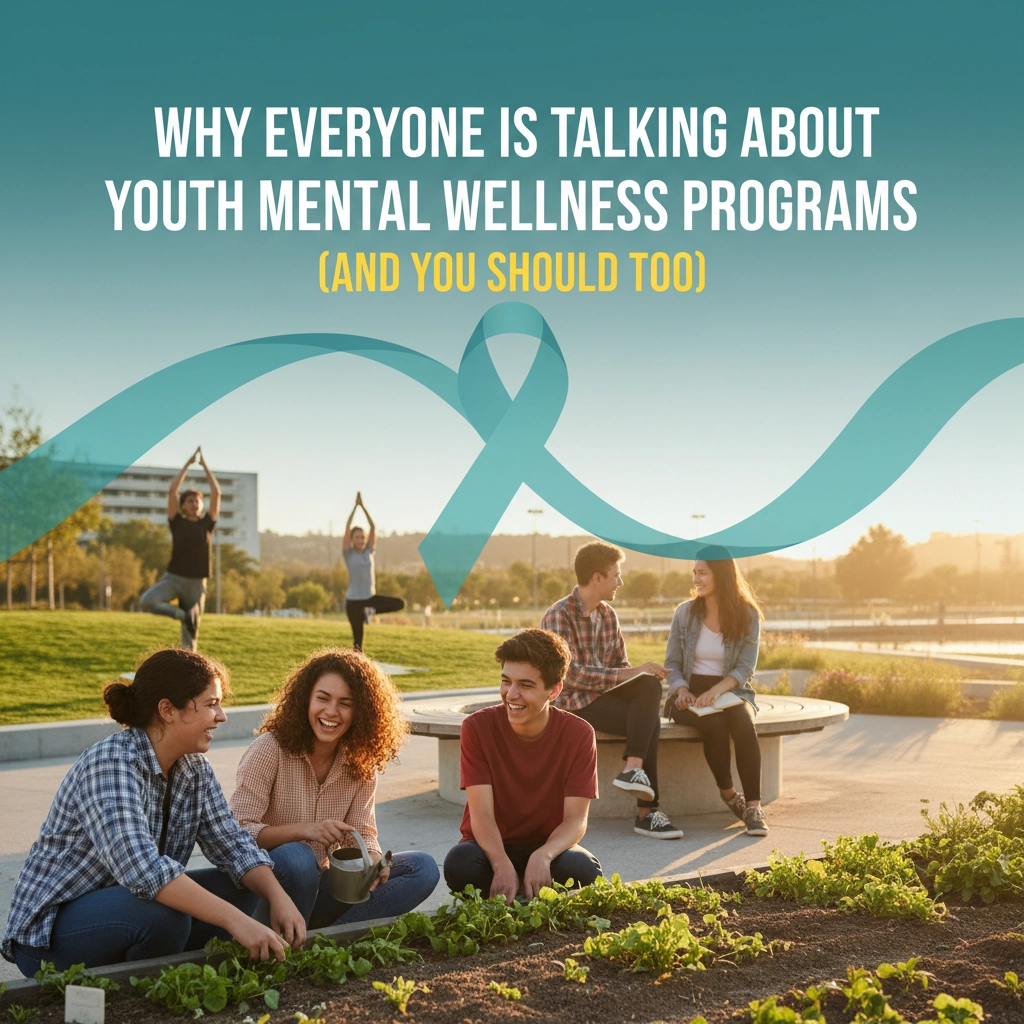
Youth mental wellness programs are transforming how we support young people, and the conversation has never been more important. As parents, educators, and community leaders across New Orleans recognize the critical need for comprehensive mental health support, these programs are proving to be game-changers for building resilient, confident children who thrive.
The Rising Need for Mental Wellness Support
The numbers tell a compelling story. Nearly one in five adolescents now screens positive for depression, while 42% of high schoolers report feeling persistently sad or hopeless. These statistics aren't just numbers: they represent our neighbors' children, students in local schools, and young people across our community who need support.
What makes this conversation urgent is that half of all mental health conditions begin by age 14, yet most cases remain undiagnosed and untreated. Early intervention through youth mental wellness programs can change the trajectory of a young person's entire life.
We've learned that traditional reactive approaches aren't sufficient. Instead of waiting for crisis moments, communities are embracing proactive programs that build mental wellness skills before problems escalate.
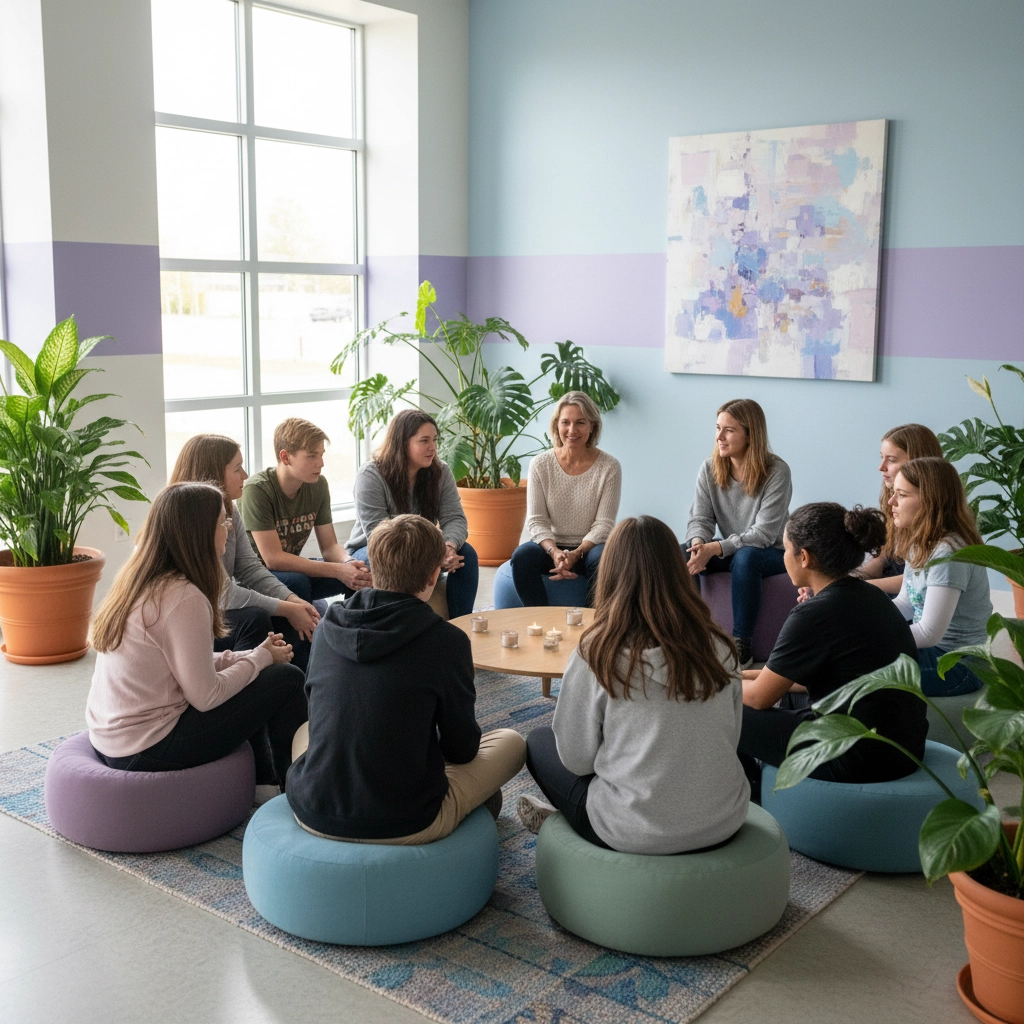
Building Resilience Through Connection
The most effective youth mental wellness programs focus on connection as their foundation. Research consistently shows that young people who feel connected to school, family, and community demonstrate remarkable resilience against mental health challenges.
These programs create safe spaces where children learn to process emotions, develop coping strategies, and build meaningful relationships with caring adults. When young people feel seen, heard, and valued, they develop the internal strength to navigate life's challenges.
Connection-based approaches work because they address the root cause rather than just symptoms. Programs that foster genuine relationships help children understand they're not alone in their struggles and that seeking help is a sign of strength, not weakness.
Boosting Confidence Through Skill-Building
Youth mental wellness programs excel at building confidence through practical skill development. Children learn emotional regulation techniques, communication strategies, and problem-solving skills that serve them throughout their lives.
These programs teach young people to recognize their emotions, understand their triggers, and respond thoughtfully rather than react impulsively. As children master these skills, their confidence grows naturally because they feel more capable of handling whatever comes their way.
The beauty of skill-based approaches is that they're empowering. Instead of focusing on what's wrong, these programs highlight what's possible when young people have the right tools and support.

Encouraging Healthy Habits for Life
Mental wellness programs don't just address psychological aspects: they promote holistic health habits that support overall well-being. Children learn about the connection between physical activity, nutrition, sleep, and mental health.
Programs often incorporate mindfulness practices, teaching young people to be present and aware of their thoughts and feelings without judgment. These practices become lifelong tools for managing stress and maintaining emotional balance.
Many programs also emphasize the importance of creative expression, whether through art, music, writing, or movement. These outlets provide healthy ways for children to process emotions and discover their unique strengths and interests.
Supporting Entire Families
The most successful youth mental wellness programs recognize that children don't exist in isolation: they're part of family systems that need support too. Programs that engage parents and caregivers create stronger, more sustainable outcomes for young people.
Family-focused approaches provide parents with tools and strategies for supporting their children's mental wellness at home. This might include communication techniques, stress management strategies, or guidance on recognizing warning signs of mental health concerns.
When families are equipped with knowledge and resources, they become powerful allies in supporting their children's mental wellness journey. This collaborative approach ensures that progress made in programs continues at home.

Practical Tips for New Orleans Parents
Parents play a crucial role in supporting their children's mental wellness. Start by creating regular opportunities for meaningful conversation without distractions. Ask open-ended questions about their day, friendships, and feelings.
Establish consistent routines that include adequate sleep, regular meals, and physical activity. These basics provide a stable foundation for mental wellness. Encourage your child to express themselves through activities they enjoy, whether that's sports, art, music, or writing.
Model healthy coping strategies in your own life. Children learn more from what they observe than what they're told. Show them how you handle stress, disappointment, and challenges in healthy ways.
Stay connected with your child's school and community activities. Being involved helps you understand their world better and demonstrates your commitment to their well-being.
Resources in the New Orleans Area
New Orleans offers numerous resources for families seeking mental wellness support. The Louisiana Department of Health provides comprehensive mental health services specifically designed for children and adolescents.
Local schools increasingly offer counseling services and mental wellness programs. Connect with your child's school counselor to learn about available resources and how to access them.
Community organizations throughout New Orleans provide mental health support, from support groups to educational workshops. Many offer sliding scale fees to ensure services are accessible to all families regardless of financial circumstances.
The 988 Lifeline provides free, confidential support 24/7 for anyone experiencing mental health challenges. This resource is available to both young people and their families whenever support is needed.

The Power of Early Intervention
Early intervention through youth mental wellness programs can prevent minor concerns from becoming major problems. When children learn emotional regulation skills early, they're better equipped to handle academic pressure, social challenges, and life transitions.
Programs that intervene early also help children develop positive relationships with mental health support, reducing stigma and making it more likely they'll seek help when needed throughout their lives.
The earlier we act, the more lives we can change. This understanding has shifted the conversation from crisis response to prevention and early support, creating more positive outcomes for young people.
Building Stronger Communities
Youth mental wellness programs benefit entire communities, not just individual participants. When young people are mentally healthy, they're more engaged in school, more likely to make positive choices, and better prepared to become productive community members.
These programs also help break cycles of trauma and mental health challenges that can affect families for generations. By investing in youth mental wellness today, we're creating healthier communities for the future.
The ripple effects extend beyond mental health to academic achievement, reduced behavioral problems, and stronger family relationships. Communities that prioritize youth mental wellness see benefits across multiple areas of life.

Moving Forward with Hope
The widespread conversation about youth mental wellness programs reflects a fundamental shift toward hope and action. We're moving beyond simply talking about mental health problems to implementing comprehensive solutions that work.
These programs represent our commitment to giving every young person the tools and support they need to thrive. By building resilience, boosting confidence, encouraging healthy habits, and supporting entire families, we're creating a brighter future for our community.
At Excite All Stars, we remain dedicated to supporting the mental wellness of young people throughout New Orleans. We believe every child deserves the opportunity to develop emotional strength, build meaningful connections, and discover their unique potential.
The conversation about youth mental wellness programs continues because the work continues. Together, we can ensure that every young person in our community has access to the support they need to build a healthy, successful future.

